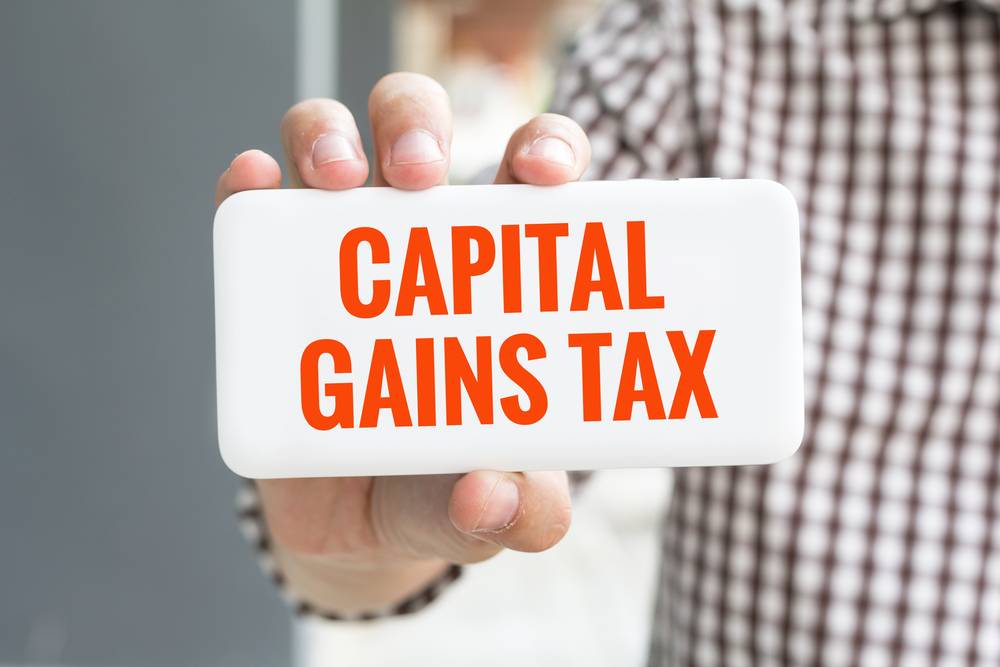 Last updated: February 14th, 2020 11:41 AM
Last updated: February 14th, 2020 11:41 AM
Capital Gains Exemption
Capital gains exemption refers to the benefit offered by the Government to taxpayers, relaxing the need to pay tax on capital gains. When a taxpayer sells an asset (other than personal belongings and items of stock used in the business) for a profit, the need to pay capital gains tax arises. Hence, it is necessary for taxpayers who are planning to purchase or sell a capital asset to pay attention to the tax planning aspects of the transaction. Taxpayers who are aware of the various provisions of Income Tax and related Capital Gains Exemptions are able to benefit from reducing the incidence of tax. The duration of holding a capital asset and the various expenses and other deductions to be claimed for arriving at the final quantum of taxable capital gains has a direct bearing on the amount of income tax to be paid on capital gains in relation to the transfer of the capital assets carried out by the assessee. Hence, its important for all taxpayers to know about the relevant capital gains exemptions while purchasing or selling capital assets.Long-Term Capital Gains Exemption on Sale of House Property
Taxpayers involved in selling a residential house after holding it for a minimum period of three years can enjoy exemption from capital gains if the entire amount of long-term capital gains is used for the purchase of another residential house property. To enjoy this capital gains exemption, the taxpayer must reinvest the gains from sale of residential property within a certain period as follows:- Within one year in anticipation of the transfer of residential property.
- Within two years of the transfer of residential property.
- If the new house property should be constructed, in such cases within three years of the transfer of residential property.
Long-Term Capital Gains Exemption on Investment in House Property
Taxpayers can avail of long-term capital gains exemption under Section 54F, if they sell any type of capital asset (other than a residential house) like shares, a plot of land, commercial assets, commercial house property, jewellery, and so on, and reinvest the gains for the purchase of a residential house property. This capital gains exemption can be availed by taxpayers only if the assessee does not own any residential house as on the date of the transfer of the capital asset. The entire net sale proceeds from the sale of a capital asset must be invested within:- One year of the transfer in advance.
- Within two years from the date of transfer in the purchase of a residential house property.
- Sale proceeds may be invested within three years in the case of construction of a residential house property.
Capital Gains Exemption for Agricultural Land
Long-term and short-term capital gains are exempt for agricultural land which was being used by the assessee or a parent of his for agricultural purposes, for two years immediately preceding the date of transfer. However, the assessee should, within a period of two years after that date, have purchased any other land for being used for agricultural purposes. Know more about capital gains exemption for agricultural land.Capital Gains Exemption for Investment in Private Limited Company
As per the Finance Act, 2012 the tax on long-term capital gains on transfer of a residential house will be exempted if invested in shares of a private limited company and used for the purchase of plant and machinery.Capital Gains Exemption for Business Assets
Under Section 54D of the Income Tax Act, capital gains exemption can be claimed by persons owning an industrial undertaking on the transfer of land or building used for the purposes of business. Capital gains exemption is available in cases where the land or building which is compulsorily acquired was used by the taxpayer for the purposes of the business during the two years immediately preceding the date of compulsory acquisition and the assessee purchases any other land or building or constructs any building, within two years from the date of compulsory acquisition, for the purposes of shifting or re-establishing the industrial undertaking or setting up another industrial undertaking. In such cases the capital gain will not be charged to tax to the extent it is utilised for purchasing or constructing the specified new asset.Popular Post

In the digital age, the convenience of accessing important documents online has become a necessity...

The Atalji Janasnehi Kendra Project that has been launched by the Government of Karnataka...

The Indian Divorce Act governs divorce among the Christian couples in India. Divorce...

When an individual has more than a single PAN card, it may lead to that person being heavily penalised, or worse,...

Employees Provident Fund (PF) is social security and savings scheme for employee in India. Employers engaged...


